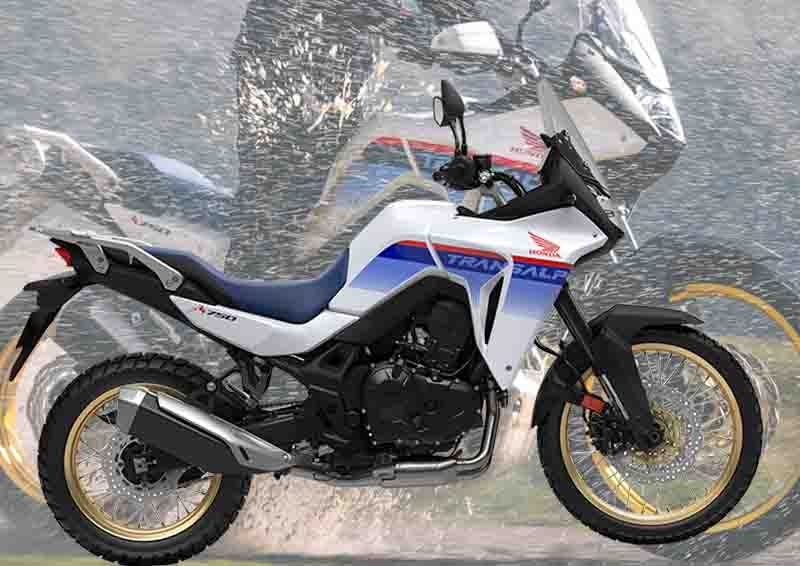THE ASEAN region, led by Indonesia, Malaysia, the Philippines, and Thailand can lead the global electrification of vehicles, because of natural resources, existing manufacturing bases and development of technology centers. This is one of five major topics at the 1st ASEAN Battery and Electric Vehicle Conference (ABEVTC) held in Bali, Indonesia last week.
“ASEAN is an increasingly important region in the global ecosystem of battery and electric vehicle in supply chain, manufacturing and R&D,” Dr. Davy Cheong, Director, Singapore Battery Consortium said. During his keynote, Cheong presented specific indicators of growth in the region and why an understanding between key players in the region is paramount to both growth and leadership, especially in battery technology development and production.
The conference was propelled by presentations and discussions led by the Singapore Battery Consortium (SBC), National Center for Sustainable Transportation Technology (NCSTT) from Indonesia, and Thailand Energy Storage Technology Association (TESTA), National Battery Research Institute (NBRI) (Indonesia), NanoMalaysia Berhad and Electric Vehicle Association of the Philippines (EVAP).
Organized and supported by Hioki E.E Corporation, a Japanese manufacturer for test and measuring instruments, the three-day conference was a series of eye-opening knowledge-sharing sessions. Major topics covered were battery production within what is known as the battery circular economy, swappable battery and energy storage systems, design and production technology, and important safety test and calibration.
The first day session was highlighted by the ASEAN Battery Collaboration and the creation of the first ASEAN Electric Vehicle Roadmap and Development, with the signing of a Memorandum of Understanding (MOU) between the leading EV and battery associations in the region. The MOU indicated the intentions for the participating groups to explore research and development collaboration activities in the area of batteries and to jointly develop and promote an ASEAN Battery Ecosystem that will facilitate the growth of the industry in the region.
We have jointly committed to working together to enhance the research and development capabilities of the region’s battery industry. There are many opportunities to work together and push innovative ideas within the ASEAN and deliver this to the world,” Dr. Pimpa Limthongkul, President Thailand Energy Storage Technology Association (TESTA) told Malaya Business Insight.
She added that exchange of knowledge is already commonplace among the ASEAN neighbors citing that “we have always been collaborators, not competitors in many fields. This event and the MOU signing will strengthen the relationships among industry players to build an ASEAN community for future collaboration.”
“Our partnership will advance battery technology, safety, standards, and circular economy research to build a competitive transportation industry with strong national support. This will contribute to the success and growth of the region’s energy storage industry,” Dr. Leonardo Gunawan, Director of NCSTT shared.
The Electric Vehicle Association of the Philippines, represented by Dr. Jose Bienvenido Manuel M. Biona, elaborated on the growth of the EV industry in the Philippines before the signing of the Electric Vehicle Industry Development Act (EVIDA) and Executive Order No. 12 which temporarily removes tariffs on electric vehicles (e-vehicles) and rates on parts and components will be reduced.
“The Philippines well developed in the EV sector in the region, having seen it evolve from electric tricycles in 2012 with ADB funding to the creation of laws that will help boost the sector,” Biona explained pointing out that commercial vehicles and the transport sector were prime movers of EVs in the country. It wasn’t until the signing of the EVIDA law did big car brands paid attention to the country.
Interestingly, the country ranks no. 2 in nickel production all over the world as of February 2023 producing up to 330 million metric tons. It however ranks no. 5 in reserves with about 4.8 million metric tons available for production. Indonesia ranks number one in nickel mining at 1.6 M metric tons.
“The circular battery economy pays a lot of attention to clean mining practices and green production processes of batteries. Indonesia has great potential in the battery industry, with abundant reserves of nickel, manganese, and other minerals needed for battery production. We need to make sure that the process is completely green from start to end,” Prof. Dr. ret. Nat. Evvy Kartini, Founder of National Battery Research Institute (NBRI) told Malaya Business Insight.
“The National Battery Research Institute (NBRI) is eager to enhance national capacity by mastering technology, improving human resources, and actively advising policy. The collaboration with other ASEAN organizations will further enhance Indonesia’s position as a key player in the regional battery market,” she added.
Dr. Rezal Khairi Bin Ahmad, Chief Executive Officer of NanoMalaysia Berhad: “NanoMalaysia is excited to be part of the multilateral partnership between organizations leading the charge in EV and battery technologies in South East Asia to activate regional supply and value chains for electric vehicles components to make investment in the region more strategic and attractive and ownership of EV more affordable.”
A roundtable discussion on decarbonization in ASEAN between regional leading academics in the field of the battery and electrification as well as two panel discussions on swapping technology and the circular economy in batteries complemented the 15 presentations on EV and battery technologies.
Keynote speeches from representatives of leading companies in the energy storage system as well as the electric vehicle industry were led by UL Standards & Engagement (ULSE), Honda R&D Co.,Ltd (Japan), Mobility Open Blockchain Initiative (MOBI), ZF Japan Co., Ltd, PT Pertamina (Persero), and PT. Energi Kreasi Bersama (Electrum) focused on technology and research and development.
Sharing sessions from more than 15 industry experts from HIOKI E.E. Corporation, ANWHA (Shanghai) Automation Engineering Co., LTD, Arthur D. Little, Indonesia Battery Corporation (IBC), CADFEM SEA Pte. Ltd., ULVAC Technologies, Inc, NanoMalaysia Berhad, Advanced Remanufacturing and Technology Centre (ARTC), Malaysia Automotive, Robotics and IoT Institute (MARii) were also done.




